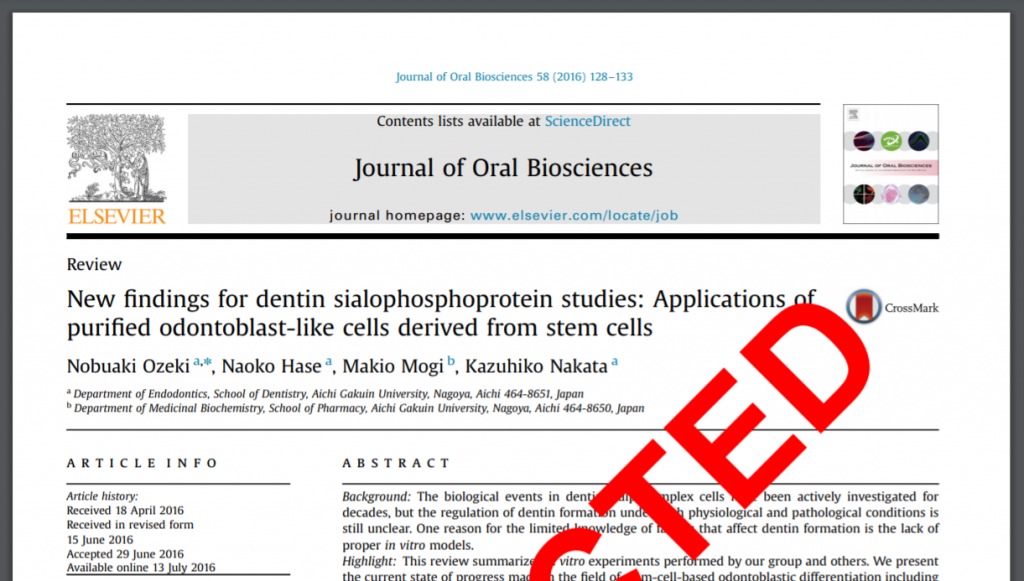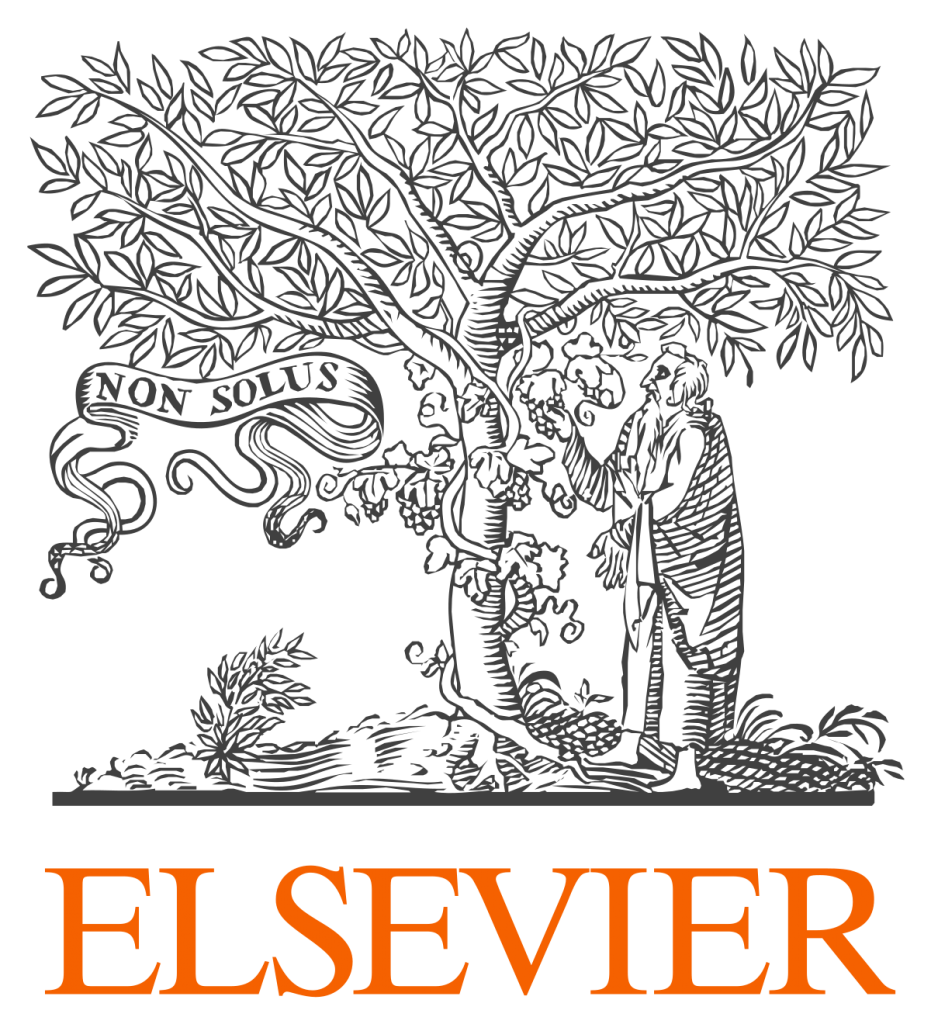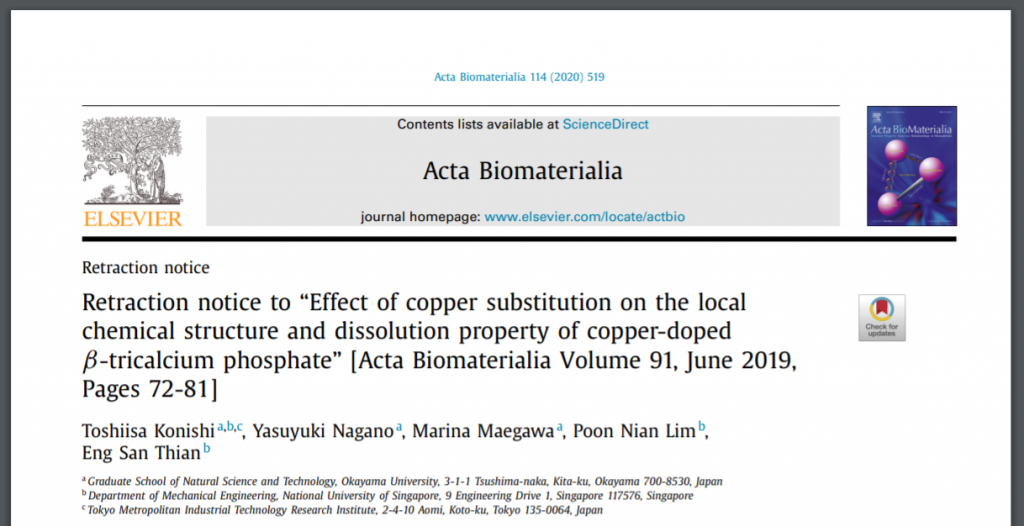
An Elsevier journal has disavowed, but not yet retracted, a paper creationists are calling a “a big deal for the mainstreaming” of intelligent design.
The article, “Using statistical methods to model the fine-tuning of molecular machines and systems,” appeared in the September issue of the Journal of Theoretical Biology, but has been online since June. Authors Steinar Thorvaldsen, of the University of Tromsø, Norway, and Ola Hössjer, a mathematician at Stockholm University in Sweden, write:
Continue reading Elsevier journal disavows, but does not retract, paper on intelligent design







